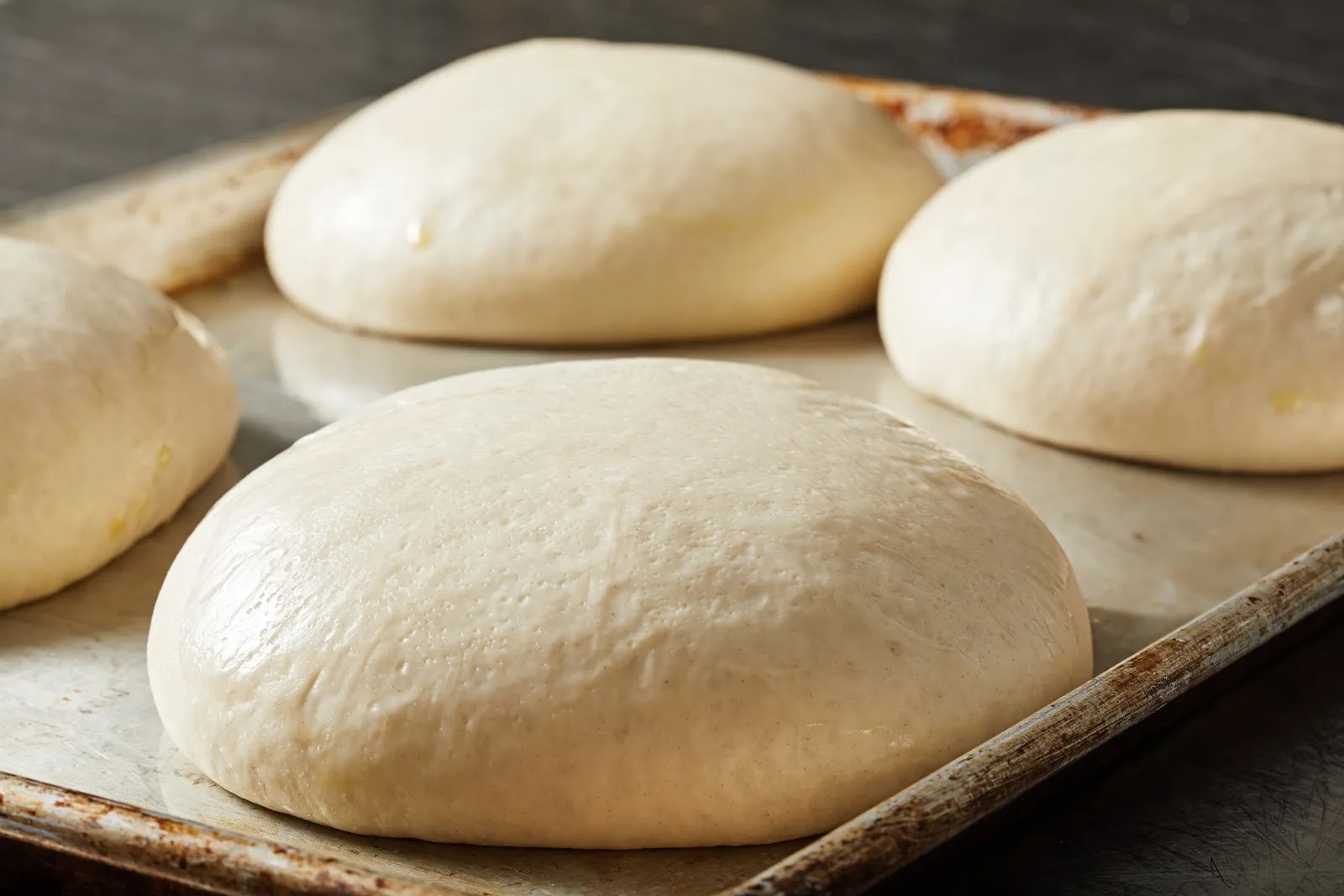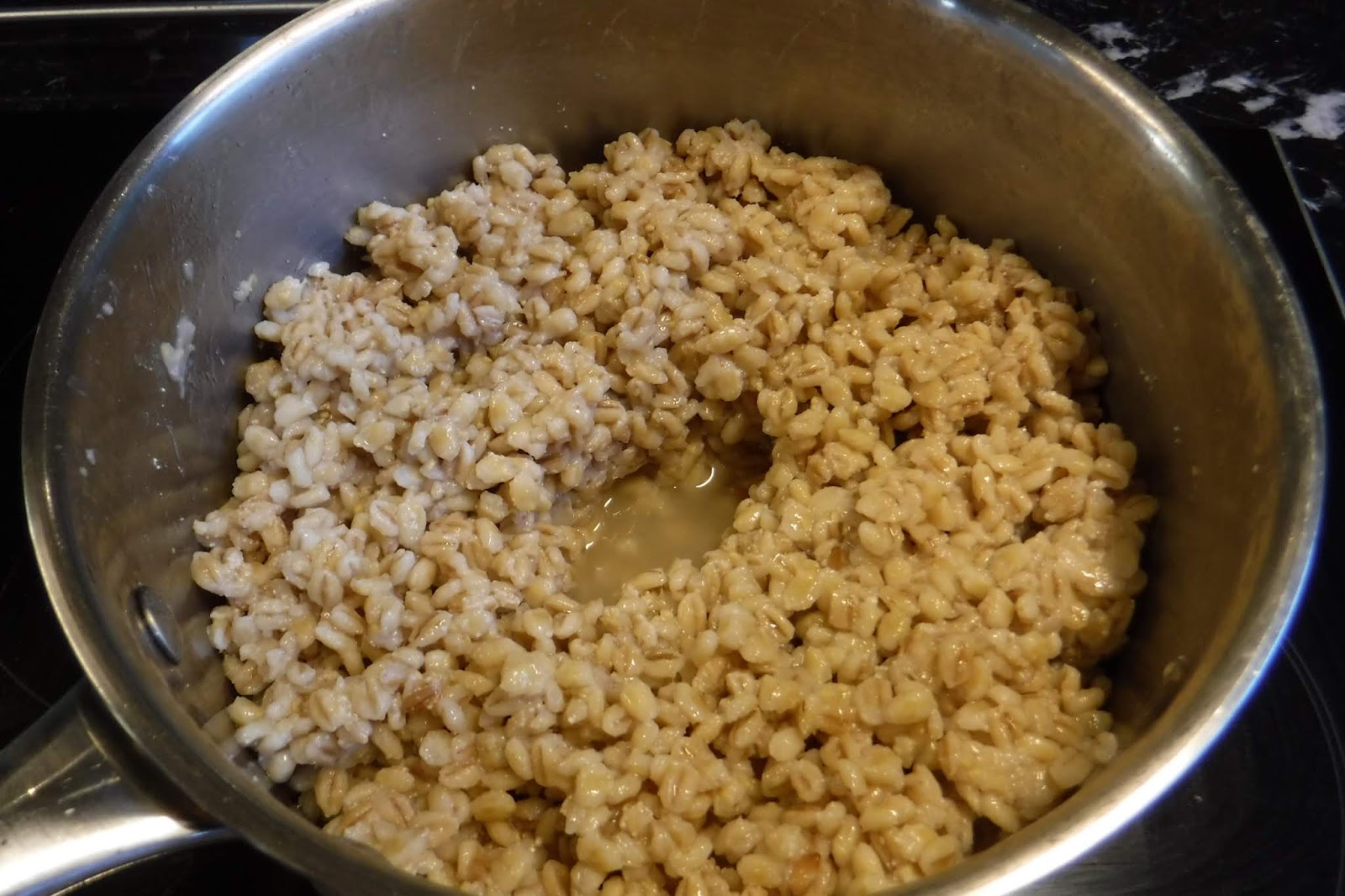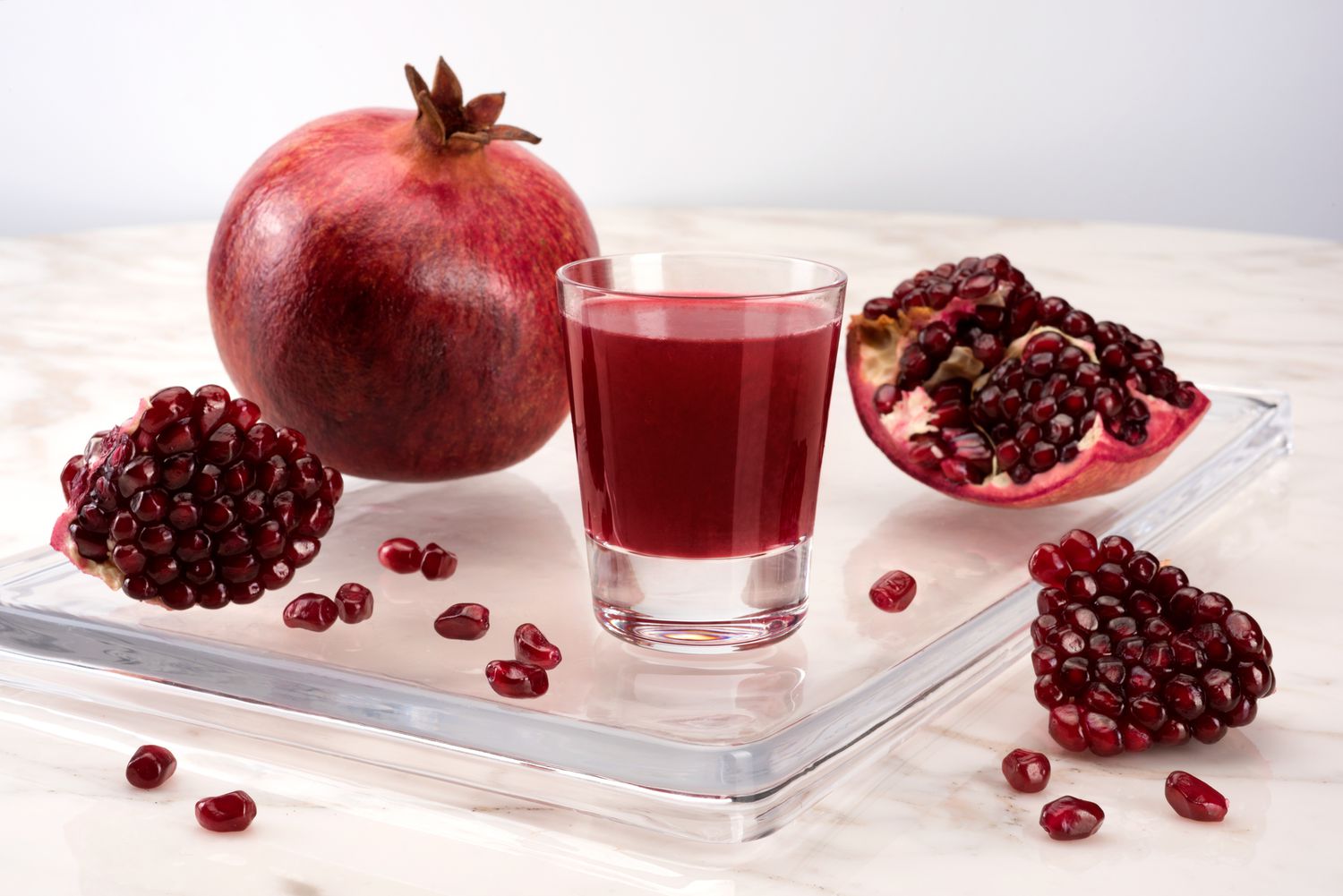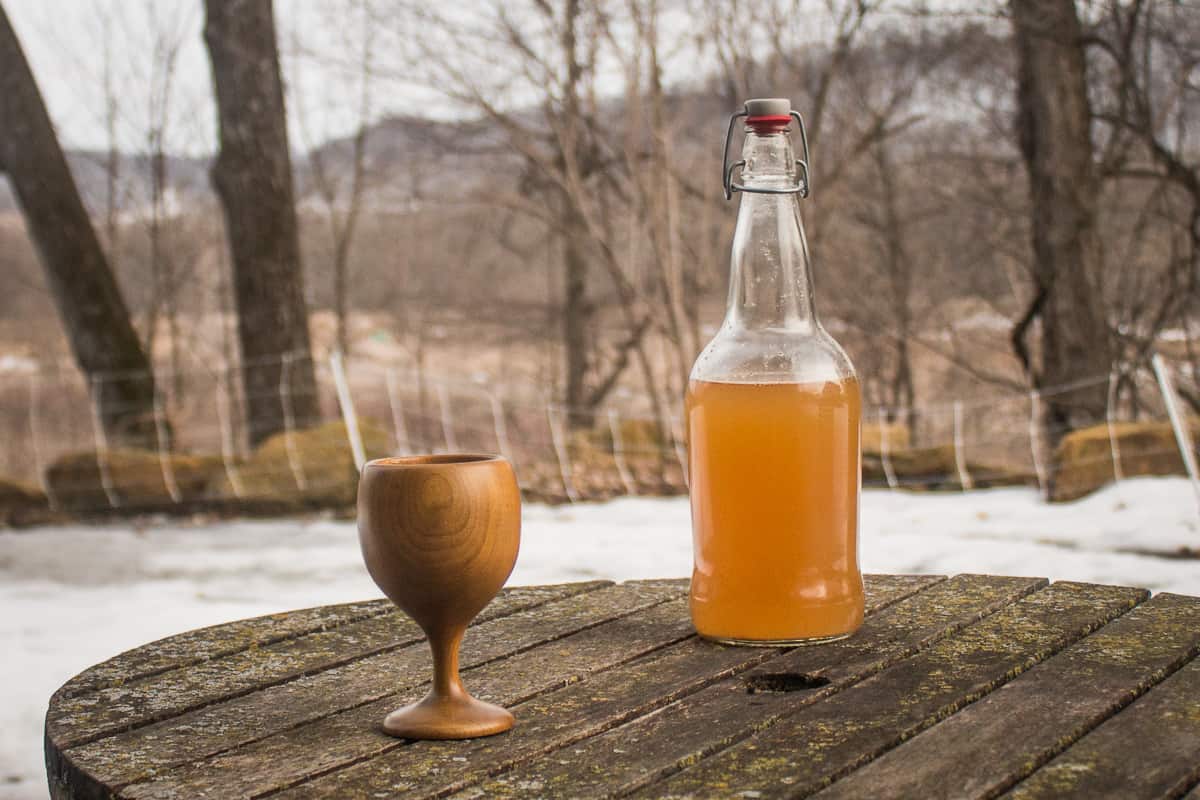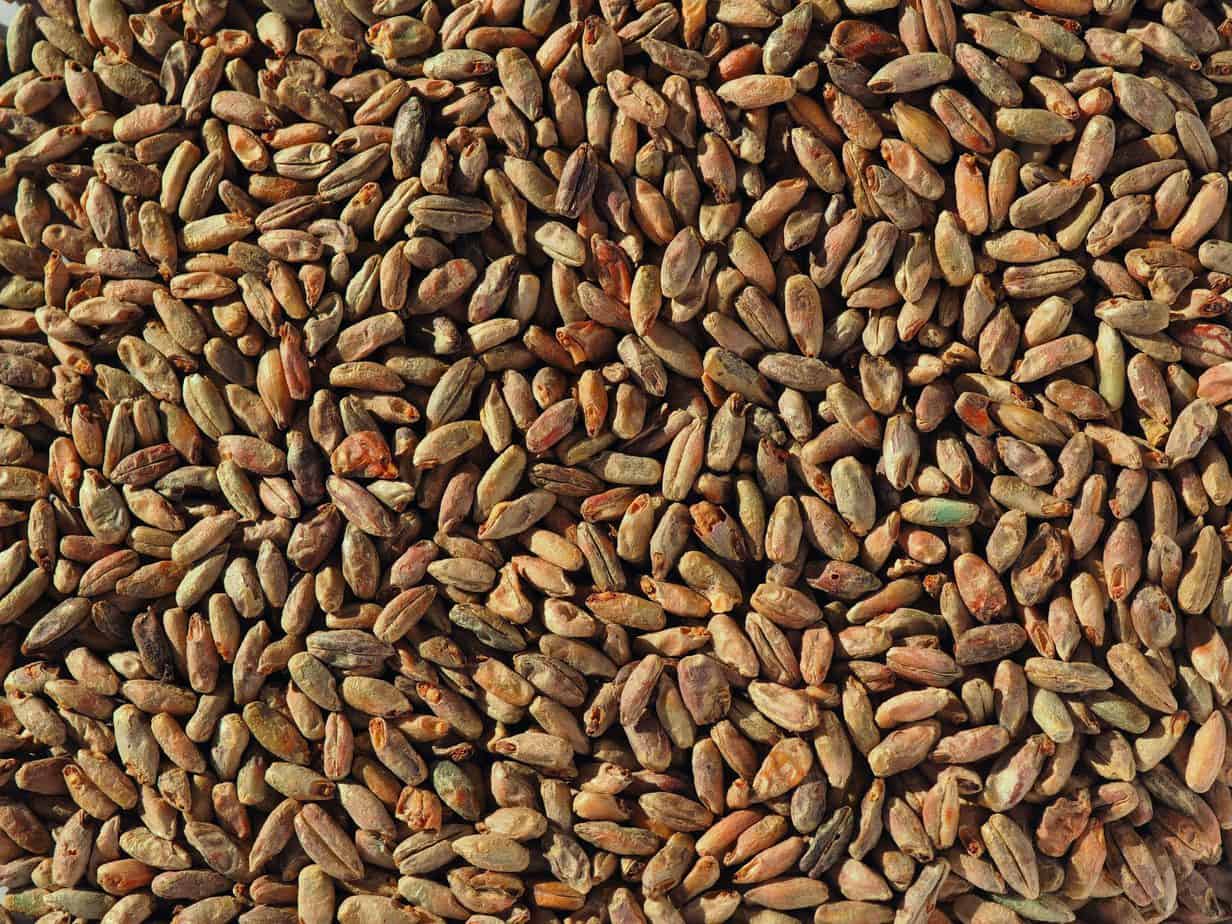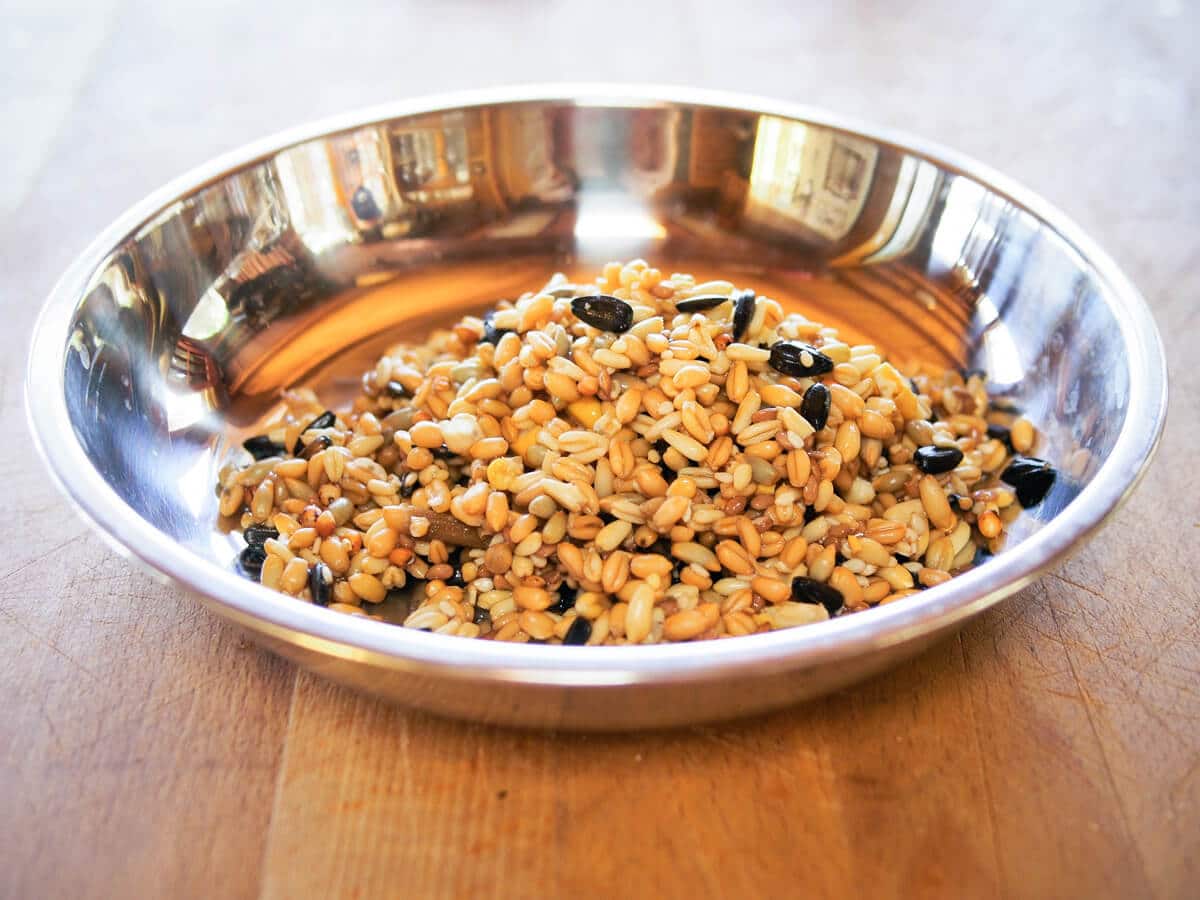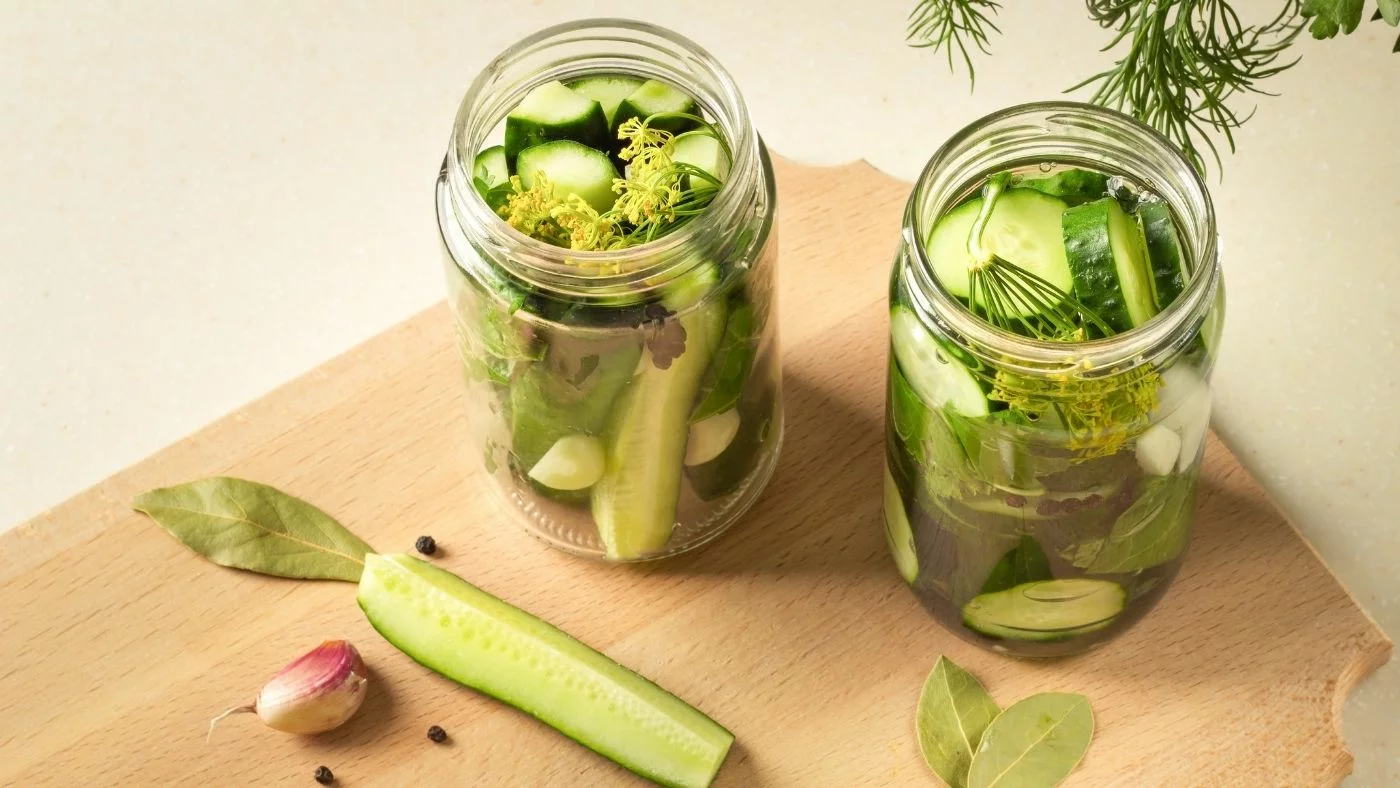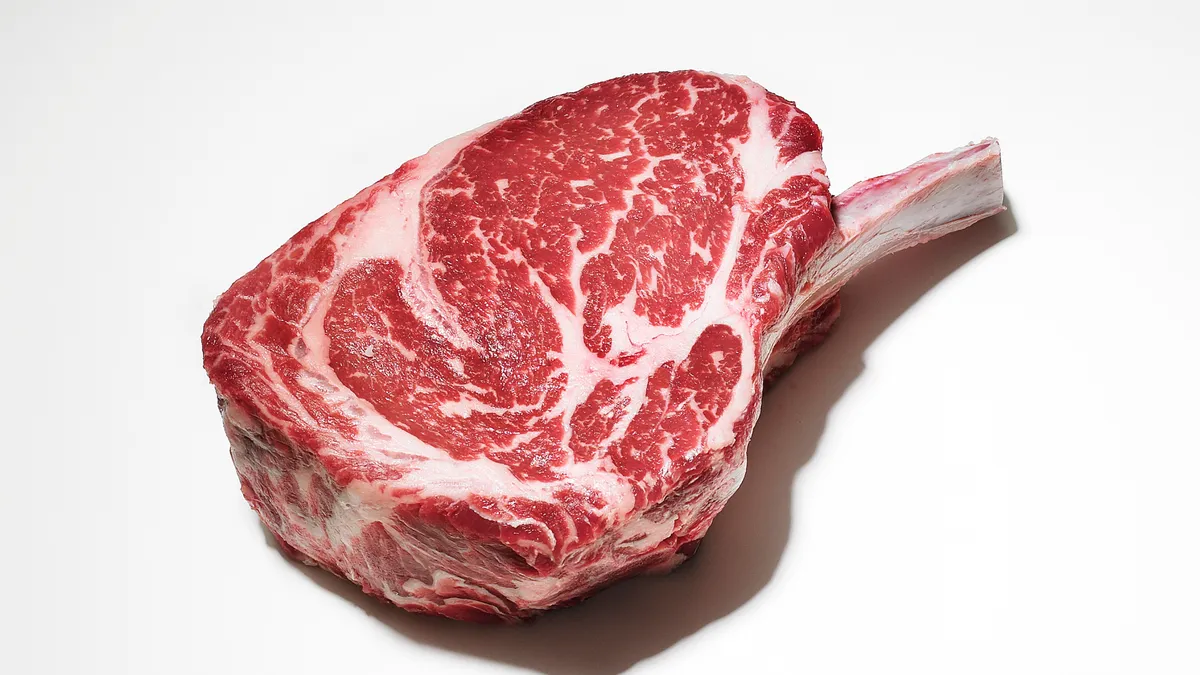What is Grain Fermentation?
Grain fermentation is the process of converting grains, such as barley, wheat, or rye, into alcohol. This process involves the use of yeast to convert the sugars in the grains into alcohol and carbon dioxide. The result is a flavorful and intoxicating beverage that has been enjoyed by people for centuries.
Choosing the Right Grains
When fermenting grains for alcohol, it’s important to choose the right type of grains. Barley is a popular choice for brewing beer, while wheat and rye are often used in the production of whiskey. Each type of grain imparts its own unique flavor to the finished product, so it’s important to select the grains that will best suit the desired end result.
The Fermentation Process
The fermentation process begins by mashing the grains to release their sugars. This is typically done by soaking the grains in hot water, which activates enzymes that break down the starches into fermentable sugars. Once the sugars are released, yeast is added to the mixture to begin the fermentation process. The yeast consumes the sugars, producing alcohol and carbon dioxide as byproducts.
Factors Affecting Fermentation
Several factors can affect the fermentation process, including temperature, pH levels, and the type of yeast used. It’s important to carefully control these variables to ensure a successful fermentation. For example, different strains of yeast thrive at different temperatures, so it’s important to select a yeast that is well-suited to the specific fermentation conditions.
Monitoring the Fermentation
During the fermentation process, it’s important to monitor the progress of the yeast to ensure that the alcohol production is proceeding as planned. This can be done by measuring the specific gravity of the liquid using a hydrometer. As the fermentation progresses, the specific gravity will decrease, indicating that the sugars are being converted into alcohol.
Distillation and Aging
Once the fermentation is complete, the resulting liquid can be distilled to increase the alcohol content and remove impurities. The distilled alcohol is then typically aged in barrels to develop its flavor and character. The length of the aging process can vary depending on the type of alcohol being produced and the desired end result.
Conclusion
Fermenting grains for alcohol is a fascinating process that requires careful attention to detail and a thorough understanding of the science behind fermentation. By selecting the right grains, controlling the fermentation conditions, and monitoring the process closely, it’s possible to produce high-quality alcohol with unique flavors and characteristics.
Was this page helpful?
Read Next: How To Ferment Purple Cabbage

